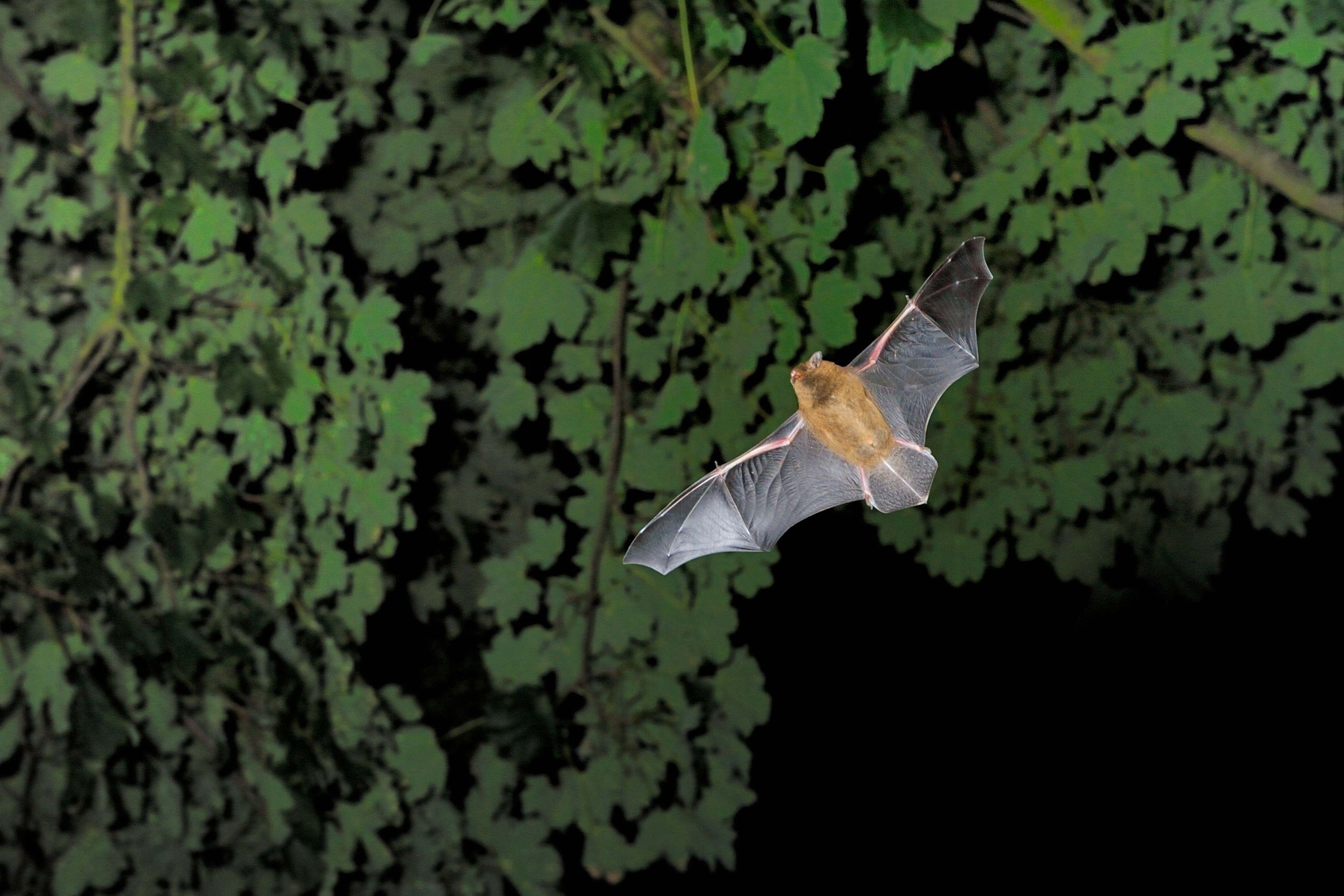Loud music festivals could reduce some bats’ activity by almost 50% – study
Researchers played music clips from a range of genres, including Destiny’s Child and Black Sabbath.

Loud music festivals could reduce the nightly activities of bats by almost 50%, according to a study.
Researchers from the University of Bath and the University of the West of England have presented the first evidence of the impact of such events on bat activity.
They found loud music playback alone – without factors associated with festivals such as lighting and habitat change – was enough to disturb several species of bat.
The study is published in the British Ecological Society Journal Ecological Solutions and Evidence.
Music festivals undoubtedly affect bat activity, but steps such as making quiet hedgerows available could really make a difference in reducing negative impacts
It found nightly bat activity along woodland edges for the Nyctalus/Eptesicus species declined by 47% when loud music was played.
Bats from the more tolerant P. pipistrellus species decreased their activity by 32% during periods of music playback.
The creatures were played music to reflect a number of genres, ranging from Bootylicious by Destiny’s Child to heavy metal tune War Pigs by Black Sabbath.
Jack Hooker, a postgraduate researcher at the University of the West of England, said: “Our study is an important addition to a sparse evidence base detailing the impacts of this type of noise pollution on UK wildlife, that will hopefully aid in the implementation and enforcement of policies relating to noise levels.”
Nocturnal species are reliant on sound to glean information about their environment for their lives, including navigation, finding food, mating and avoiding predators.
Mr Hooker added: “Given that music festivals have become ubiquitous in the UK and are increasingly being held in places that are important for local wildlife, it is imperative that guidance relating to their planning and implementation is evidence-based and fully protects local biodiversity from any potential negative impacts if we are to share these habitats with wildlife in a sustainable manner.”
In the study, authors selected 10 sites in south-west England and South Wales between August and September in 2021.
They chose dark, semi-natural landscapes located along woodland edges adjacent to grassland or pasture habitats to resemble the conditions of festivals.
The experiment was conducted over two nights – a quiet night and a night with loud music playback at volumes reaching 100 decibels, comparable with noise levels at such events.
Five songs were stitched together to provide 10 minutes of music medley, with noise alternating between this and 10 minutes of ambient background noise for two hours after sunset.
Bat activity was recorded at the woodland boundaries roughly 2m from the speakers, and at additional distances of 20m and 40m to study noise disturbance impacts at a range of distances and volumes.
Dr Emma Stone, lecturer at the Milner Centre for Evolution at the University of Bath, said: “Music festivals undoubtedly affect bat activity, but steps such as making quiet hedgerows available could really make a difference in reducing negative impacts.”
The five songs played to the bats were: Bootylicious by Destiny’s Child, Untold Stories by C3B, War Pigs by Black Sabbath, Life Gets Better by Ed Solo & Skool of Thought, and Seventeen by Sharon Van Etten.
Bookmark popover
Removed from bookmarks